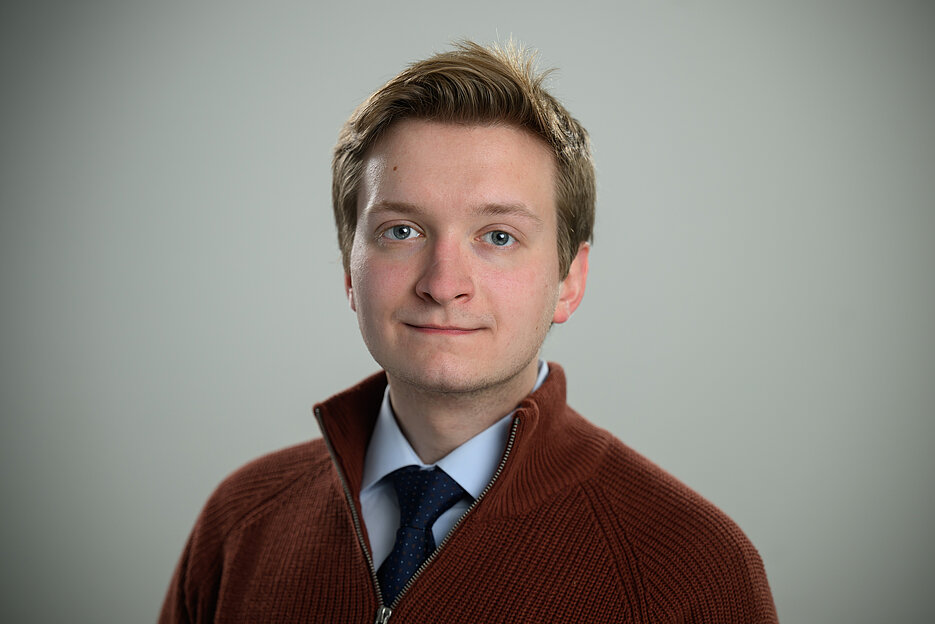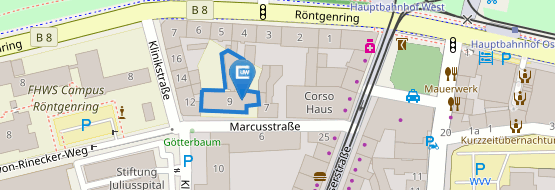Introducing the PhD Researchers: Nikita Gorbunov (Project B3)
10.07.2023Before the summer semester officially ends, we want to introduce you to another RTG member. Nikita Gorbunov is a PhD researcher in project B3 ("Adaptive and maladaptive cortico-striatal processes in impulsivity-driven approach behaviour") under the supervision of Prof. Klaus-Peter Lesch. He is also the speaker for the PhD Researchers at the Executive Board.
Before coming to Würzburg to do his PhD, he did his master's thesis in biophysics at "Peter the Great St. Petersburg Polytechnic University". His previous studies focused on the registration of neuronal activity in freely moving animals, and now, as part of his PhD project, he will use optogenetics to modulate the behavior of animals with low levels of serotonin in the brain.
Thank you for agreeing to a short interview, Nikita. Could you start by explaining your research area in more detail?
"We have a mouse model of impulsive and aggressive behavior caused by the knockout of the gene tryptophan hydroxylase 2 (TPH2), which leads to reduced levels of serotonin in the brain. We hypothesize that we can reduce the aggressive and impulsive behavior of these mice using a technique called optogenetics. In scientific terminology, we will use optogenetics to manipulate the parvalbumin-positive interneurons of the anterior cingulate cortex of the mouse brain to see if such manipulations alter the behavior of TPH2 knockout animals with a significant reduction in brain serotonin levels."
What is your next research step?
"We plan to start our actual experiments in the second half of the year. I'm really looking forward to that because it will be the work on my main project question: whether this novel technique can help modulate the behavior of animals that expose aggressive and impulsive behavior. In addition, I am currently trying to use the knowledge I gained from one of the workshops at the university to automatize some processes for another part of the project."
Why did you decide to do a PhD?
"During the quarantine that the whole world faced when the Covid-19-pandemic broke out, I had a lot of time to deepen my master's studies. I found that I wanted to continue studying after my master's, so I decided to get a PhD. For me, it was also a logical continuation of the career I had started years ago as a lab assistant at the university in my hometown. The PhD position in GRK 2660 was a great opportunity for me to join an international group of scientists in the best environment I could get. I am glad to be here and to have the opportunity to exchange ideas and thoughts and to learn from my colleagues from different scientific fields."



